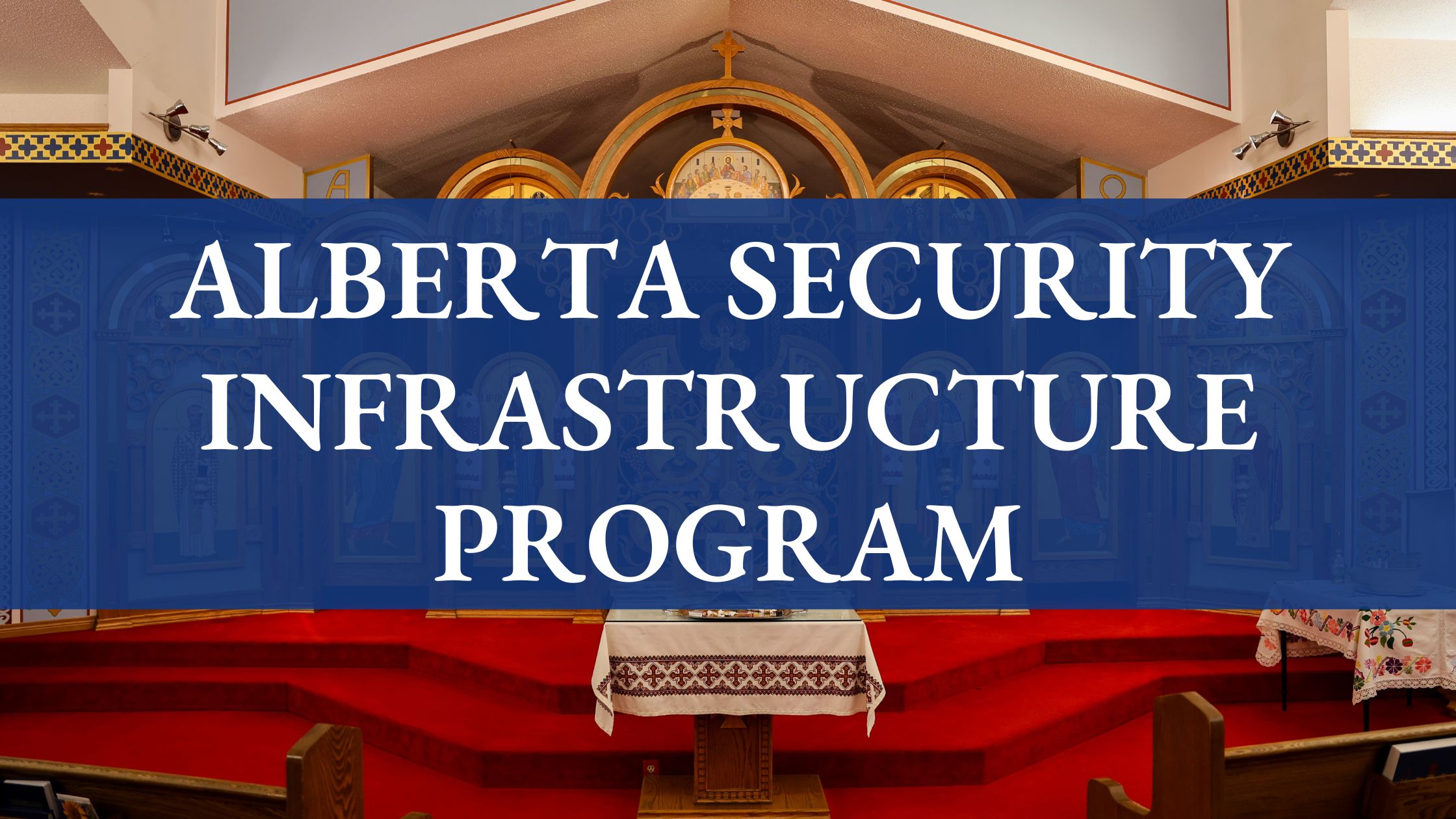In a bid to fortify the safety and security of faith-based institutions and educational establishments, the Alberta government has recently taken a significant step by expanding the Alberta Security Infrastructure Program (ASIP) grant. This expansion, announced on December 7, 2023, extends the grant’s coverage to encompass Islamic and Jewish faith-based alternative schools, along with Arabic bilingual programs within the province. This initiative, spanning up to 12 months, aims to alleviate concerns and provide financial assistance to eligible organizations facing the threat of hate or bias-motivated incidents.
Understanding ASIP Grant Expansion
The ASIP grant extension provides eligible institutions with funding opportunities covering a range of security-related expenses, including physical patrolling, security assessments, enhancements, and education/training. This initiative serves as a vital resource for fortifying the safety infrastructure of faith-based entities, educational institutions, and community centers vulnerable to hate crimes or targeted incidents.
Eligibility Criteria
To avail of the ASIP grant, applicants must meet specific eligibility criteria set forth by the program:
– Registered Not-for-Profit or Charity Status: Applicants must be registered not-for-profit agencies or charities in good standing.
– Faith-based Institutions: Places of worship, educational institutions, community centers, and ceremonial facilities serving identifiable groups are eligible.
– Private Educational Institutions: Private schools catering to diverse student bodies are included.
– Security Enhancement Needs: Eligible organizations must demonstrate a need for security infrastructure improvements due to perceived risks of hate or bias-motivated incidents.
Types of Grants and Funding Categories
The ASIP grant encompasses various funding categories tailored to address diverse security needs:
1. Cost Recovery Grant: Designed to reimburse expenses incurred after June 1, 2021, this grant covers costs related to security assessments, enhancements, and physical patrolling.
2. Regular Grant: This grant facilitates funding for security assessments, infrastructure improvements, equipment purchases, and related training.
Application Process
Applying for the ASIP grant involves a structured process:
– Document Preparation: Applicants must thoroughly review the ASIP Program Guidelines and gather necessary documents, including itemized receipts, quotes, and budget templates.
– Grant Application Submission: Completed application forms, along with supporting documents, must be submitted according to program guidelines.
– Outcome Notification: Applicants will receive notifications regarding the status of their grant applications within a few weeks of submission.
Utilization of Grant Funds
Upon receiving ASIP grant funding, eligible organizations can deploy allocated resources towards:
– Security Risk Assessment: Engaging qualified professionals for comprehensive security risk assessments.
– Infrastructure Enhancements: Implementing mitigation measures, countermeasures, and security infrastructure upgrades.
– Education and Training: Conducting training programs for staff and community members focused on security awareness, conflict resolution, and emergency response.
– Immediate Security Response: Addressing urgent security needs arising from high-risk incidents, including temporary security personnel and facility repairs.
Conclusion
The expansion of the ASIP grant program represents a proactive measure by the Alberta government to safeguard the security and well-being of diverse communities, including Ukrainian Catholic parishes, across the province. By providing financial support for security infrastructure enhancements and educational initiatives, the program fosters a safer and more resilient environment for faith-based institutions and educational facilities to thrive.
For Ukrainian Catholic parishes and other eligible organizations seeking to bolster their security measures, the ASIP grant presents a valuable opportunity to access resources and fortify their defenses against potential threats. By leveraging this initiative, communities can work towards creating inclusive and secure environments where individuals can worship, learn, and gather without fear or discrimination.

